Baby Aru Blue Tongue Skink
$249.99
- Tiliqua gigas
- Farm Bred
- Approximately 5 – 6 Inches In Length From Head To Tail
- Adults Normally Average 28 – 24 Inches In Length
- Feeding On Canned Skink Diet, Fresh Greens, Vegetables And Insects
Description
Aru Blue Tongue Skink for sale (Tiliqua sp.) is a subspecies of the Blue Tongue Skink native to Indonesia’s Aru Islands. They resemble other Blue Tongue Skinks but have a distinct pattern and coloration.
In captivity, Aru Blue Tongue Skinks can be fed a varied diet of insects, fruits, vegetables, and commercial Blue Tongue Skink meals. To maintain their health and well-being, it is critical to give a balanced and healthy diet. They should also have an appropriate enclosure with a heat source, a UVB light, and a place to hide.
Baby Aru Blue Tongue Skink are omnivorous and will eat a variety of foods in the wild, including insects, small mammals, fruits, and vegetables. In captivity, they can be fed a diet of high-quality dog food, fruits, vegetables, and insects such as crickets, mealworms, and roaches. It is important to offer a varied diet to ensure they receive all the necessary nutrients.
When feeding, it is recommended to offer prey items that are no larger than the width of the skink’s head to prevent choking. Additionally, it is important to provide a shallow water dish for drinking and soaking.
WE HAVE BABY ARU BLUE TONGUE SKINKS FOR SALE. HERE ARE SOME HIGHLIGHTS:
- Tiliqua gigas
- Farm Bred
- Approximately 5 – 6 Inches In Length From Head To Tail
- Adults Normally Average 28 – 24 Inches In Length
- Feeding On Canned Skink Diet, Fresh Greens, Vegetables And Insects
FUN FACTS!
- Babies Are Very Cute With Over-Sized Heads
- These Develop An Awesome Silver Color As They Mature
- These Make Great Pets, Easy To Care For And Easy To Handle
- Originating Out Of The Southern Regions Of New Guinea Living In Climates And Habitats Similar To Australia
- Very Bright And Beautiful Species That Go Through A Slight Color Change As They Mature
- With Proper Care These Reptiles Can Live 15 – 20 Years In Captivity

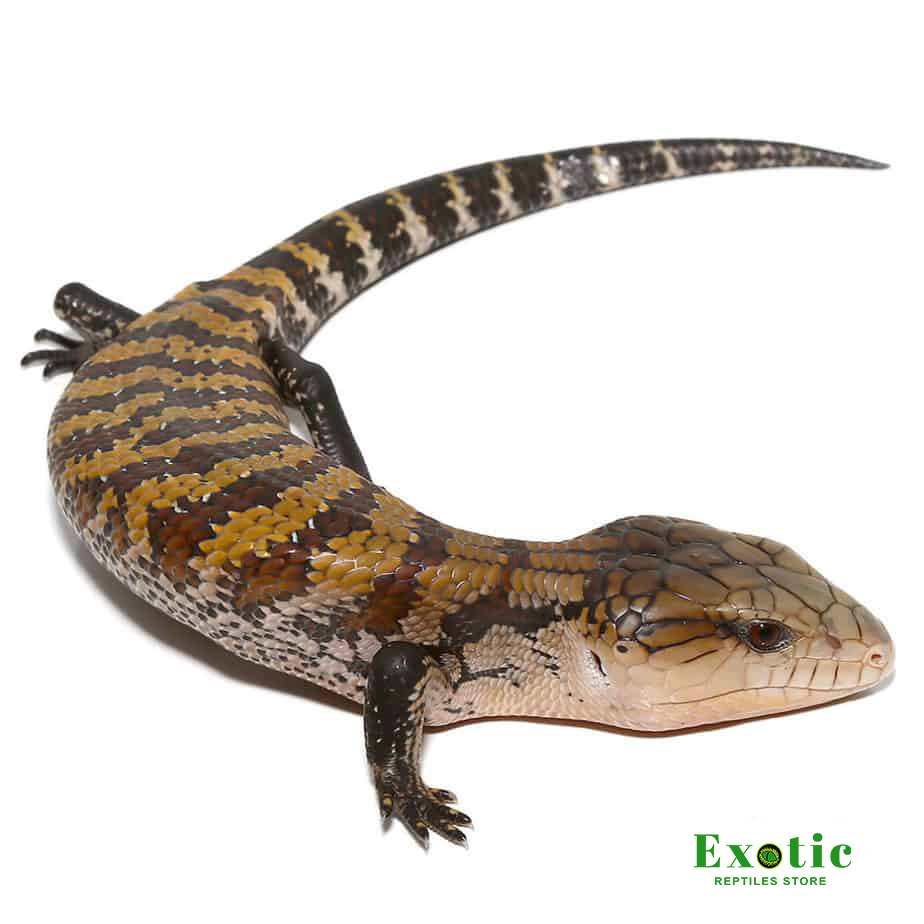
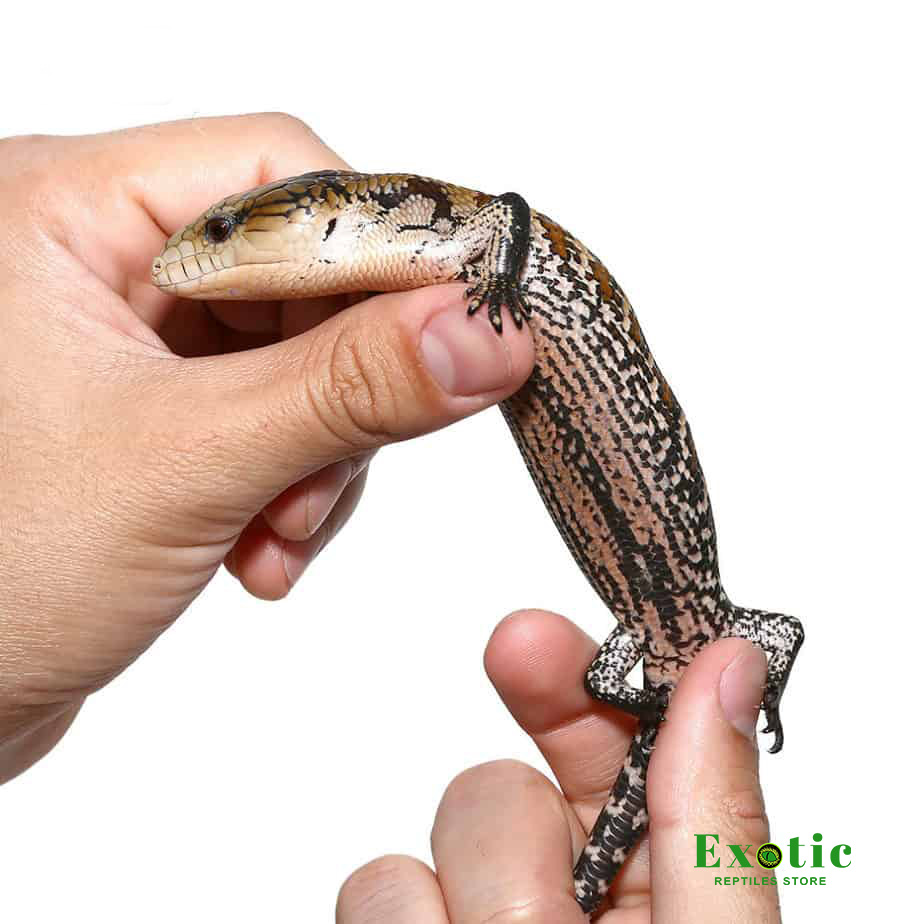
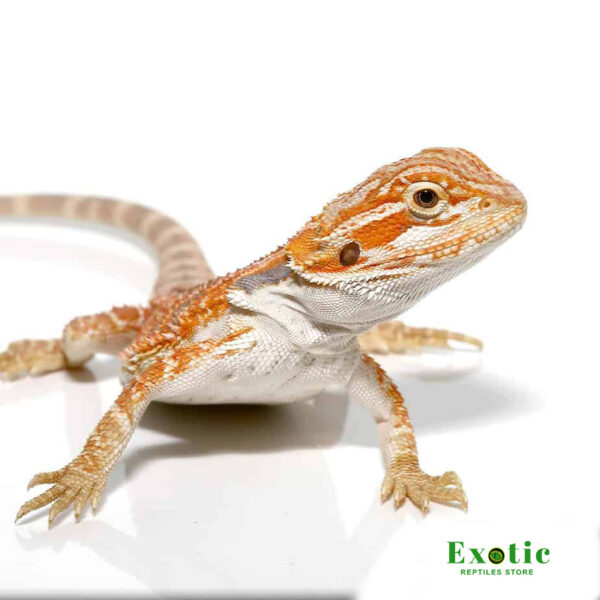
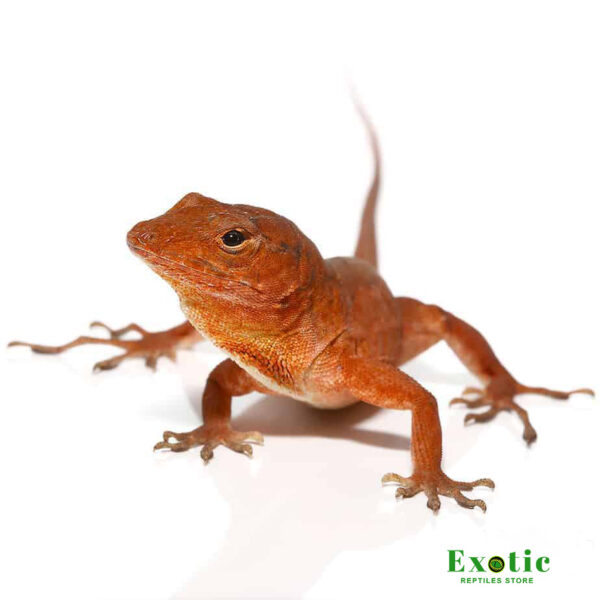
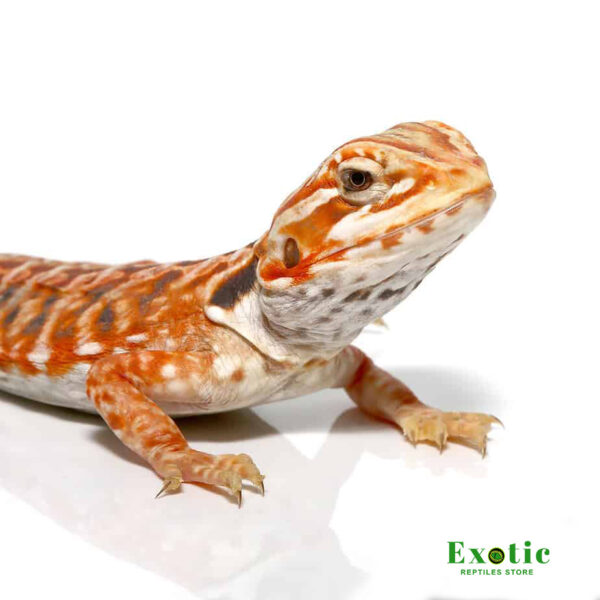
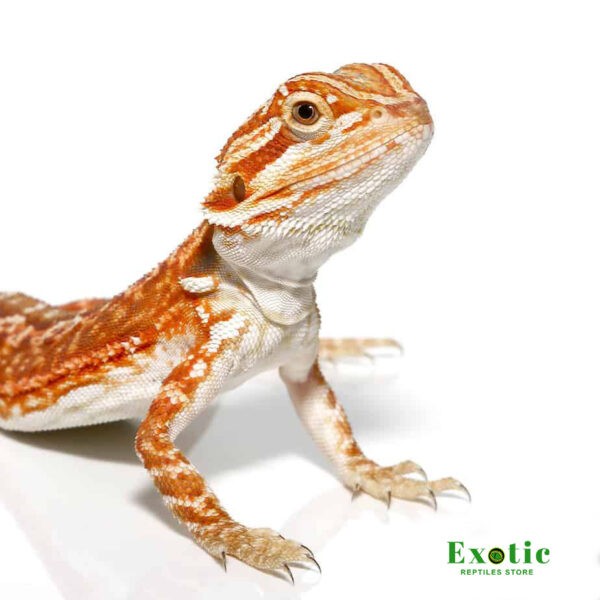
Reviews
There are no reviews yet.